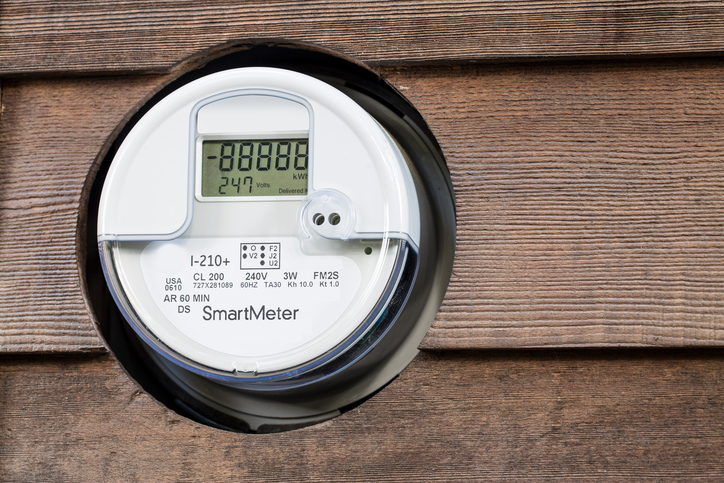On the 19th of September NEON members met in Dublin to exchange experiences on smart-meter related complaints. While situations regarding the roll-out and citizens’ attitudes towards smart meters vary greatly from one country/region to another, some conclusions can already be drawn. Interestingly, in countries having already stared the roll-out, smart meters have not had a significant impact on the number of complaints received. This does however not mean challenges are non-existent.
In 2009, the European Union approved its “Third Energy Package”, which requested Member States to ensure the implementation of intelligent metering systems following a cost-benefit analysis. Today, most EU countries have either started deploying smart meters or are planning to do so in the near future. With an increasing share of energy provided by intermittent sources, smart meters should help to better match supply and demand in European energy markets, and ultimately help consumers save money on their bills. However, since the beginning, the introduction of smart meters has been fraught with challenges, from technical problems to strong public opposition.
As publicly-mandated independent dispute-resolution bodies, NEON members are confronted to citizens’ problems and concerns in energy markets on a daily basis. Their work gives them a unique lookout on the functioning of retail energy markets and the respect of consumers’ rights in those markets. While, in the countries that have already initiated the roll-out, complaint numbers do not seem to have been significantly impacted, the lack of clear, accurate and consistent information provided to citizens has had an impact on consumers’ attitudes towards those meters.
Looking specifically at complaints data, smart-meter-related complaints seem to follow traditional meter-related complaints, with a high number of billing and consumption disputes. Indeed, the replacement of an “old” meter by a new (smart) meter can bring to light problems with the old meter, especially in cases where the replaced meter measured below the real level of consumption. In some cases, the customer may experience a “price shock” that is then attributed to the smart meter.
Another big category of smart-meter related complaints is related to installation problems, especially when the installation leads to problems with home appliances. Several countries have observed a lack of qualified technicians, which may be one of the reasons for such problems occurring. As shown by the French Energy Ombudsman, such technical problems easily lead to a situation where the consumer is left on its own to have their devices fixed –and pay for it.
However, the biggest issue with smart meter roll-out seems to be that consumers fail to see its benefits. Indeed, even in cases where consumers have an in-house display allowing them to monitor their consumption, the actual savings they can make on their bill are very low. This was also confirmed by the European Commission’s 2014 benchmarking report, which found an average of 3% savings in the cost-benefit analysis carried out by Member States. It is easily understandable that this lack of visible benefits, coupled to sometimes overly optimistic communication campaigns in favour of smart meters, lead to public distrust. This distrust is often fueled by aggressive, and sometimes misleading, media campaigns against smart meters.
One of the main conclusions reached at the workshop was therefore that roll-out has to be accompanied by clear, accurate and consistent information to counter false beliefs and avoid creating overly-high expectations. Through their public information services, NEON members play an essential role by helping citizens understand their rights in energy markets; however, for gaining consumers’ trust, all parties need to be on board.
The digitalisation of energy markets, made possible through smart metering systems, may indeed be a solution to the challenge of providing clean, reliable and affordable energy to all. Nevertheless, despite the new rules being currently negotiated under the EU “Clean Energy Package”, digitalisation and related services are still in their infancy and will surely still take some time to take off. Until then, smart-meters and related complaints will continue to look surprisingly “dumb”, both to citizens and to dispute-resolution bodies working in the energy sector.
***
The NEON Smart Metering and Customer Complaints Workshop was an internal workshop organised in Dublin on the 19th of September 2018. This report does not engage any of the participants. For more information, please contact the Secretariat.

